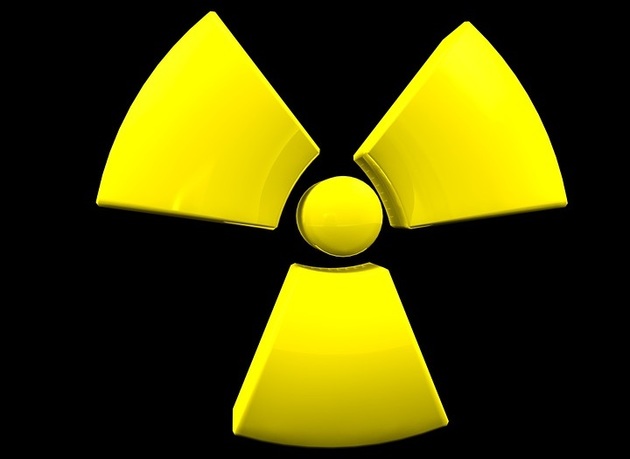Abdul Qadeer Khan, considered to be the father of Pakistan’s nuclear weapons programme and later accused of smuggling technology to Iran, North Korea and Libya, has died aged 85. The Guardian reports that the atomic scientist, who spent the last years of his life under heavy guard, died in the capital, Islamabad, where he had recently been hospitalised with Covid-19.
Khan died after being transferred with lung problems to the city’s KRL hospital, the state-run broadcaster PTV reported. He had been admitted to the same hospital in August with Covid-19. After returning home several weeks ago, he was rushed back after his condition deteriorated. Khan was hailed as a national hero for transforming Pakistan into the world’s first Islamic nuclear weapons power and strengthening its clout against rival and fellow nuclear-armed nation India. However, he was declared by the west to be a dangerous renegade for sharing technology with rogue nuclear states.
The news of Khan’s death prompted an outpouring of grief and praise for his legacy. “Deeply saddened by the passing of Dr AQ Khan,” tweeted Pakistan’s prime minister, Imran Khan, stressing how loved the nuclear scientist had been within the country because of “his critical contribution in making us a nuclear weapon state”. “For the people of Pakistan he was a national icon.”
Khan was lauded for bringing the nation up to par with India in the atomic field and making its defences “impregnable”, but he found himself under international scrutiny when he was accused of illegally sharing nuclear technology with Iran, Libya and North Korea.
Born in Bhopal, India on 1 April 1936, Khan was just a young boy when his family migrated to Pakistan during the bloody 1947 partition at the end of British colonial rule. He took a science degree at Karachi University in 1960, then went on to study metallurgical engineering in Berlin before completing advanced studies in the Netherlands and Belgium. His crucial contribution to Pakistan’s nuclear programme was the procurement of a blueprint for uranium centrifuges, which transform uranium into weapons-grade fuel for nuclear fissile material. He was charged with stealing it from the Netherlands while working for the Anglo-Dutch-German nuclear engineering consortium Urenco, and bringing it back to Pakistan in 1976. On his return to Pakistan, the then prime minister, Zulfikar Ali Bhutto, put Khan in charge of the government’s nascent uranium enrichment project.
By 1978, his team had enriched uranium and by 1984 they were ready to detonate a nuclear device, Khan later said in a newspaper interview. Khan maintained that nuclear defence was the best deterrent. After Islamabad carried out atomic tests in 1998 in response to tests by India, Khan insisted Pakistan “never wanted to make nuclear weapons. It was forced to do so.” None of the controversies that dogged Khan’s career appeared to dent his popularity at home. Many schools, universities, institutes and charity hospitals across Pakistan are named after him, his portrait decorating their signs, stationery and websites.






